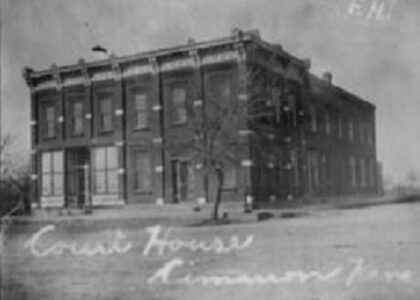The Kansas City Metropolitan Crime Commission has played a pivotal role in shaping public safety and criminal justice reform in the region. Established in the mid-20th century, it emerged during a period when Kansas City was grappling with organized crime and corruption. This organization was founded to address these issues head-on, advocating for transparency and accountability in law enforcement.
Among its early influential figures was former FBI agent Clarence M. Kelley, who later became the Director of the FBI. Kelley’s leadership helped steer the commission towards more effective crime prevention strategies and partnerships with local law enforcement agencies.
Over the years, the Crime Commission has evolved to address contemporary issues such as gun violence and recidivism. One of its most notable initiatives is the Second Chance Reentry Program, which aims to reduce recidivism by providing support and resources to individuals transitioning back into the community after incarceration. This program has significantly contributed to the reduction of crime rates in Kansas City’s most affected neighborhoods.
The commission also plays a critical role in the Project Safe Neighborhoods initiative, a federal program focused on reducing gun violence. By acting as a fiscal agent and overseeing program implementation, the Crime Commission has helped coordinate efforts between law enforcement and community organizations to create safer neighborhoods.
Throughout its history, the Kansas City Metropolitan Crime Commission has been at the forefront of crime prevention and community safety. Its ongoing efforts continue to influence public policy and improve the quality of life for residents across the metropolitan area.





